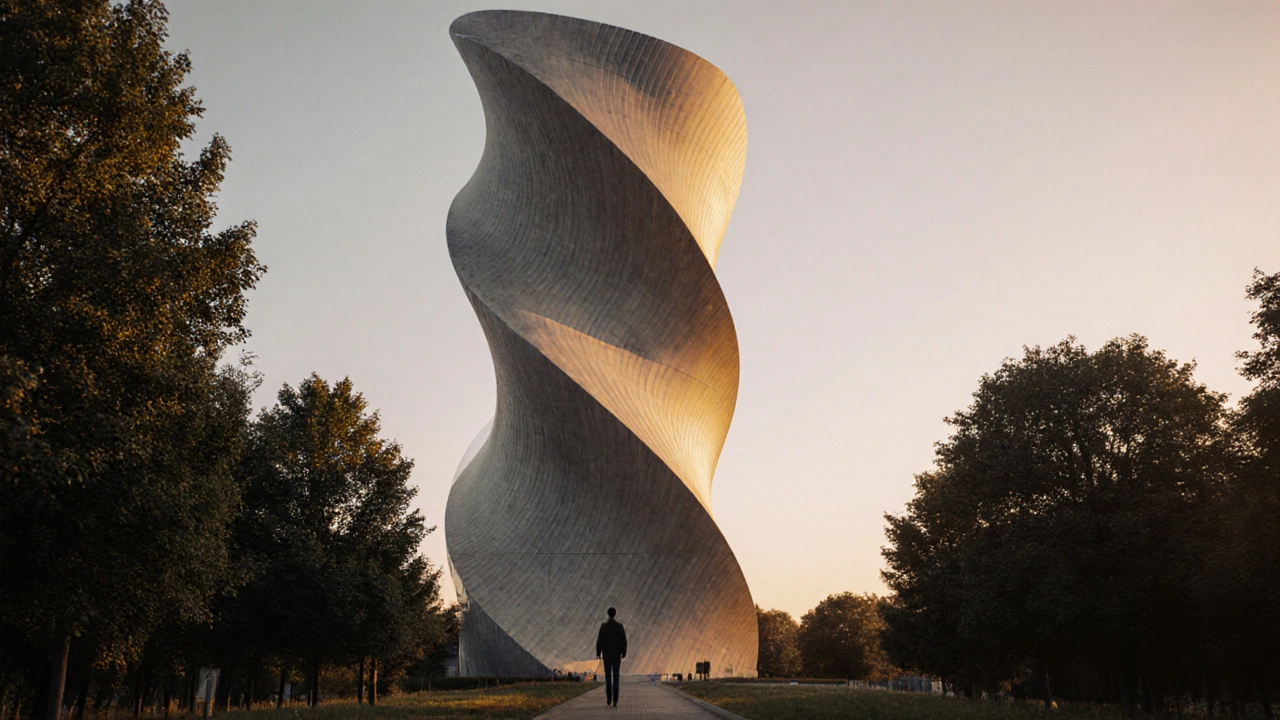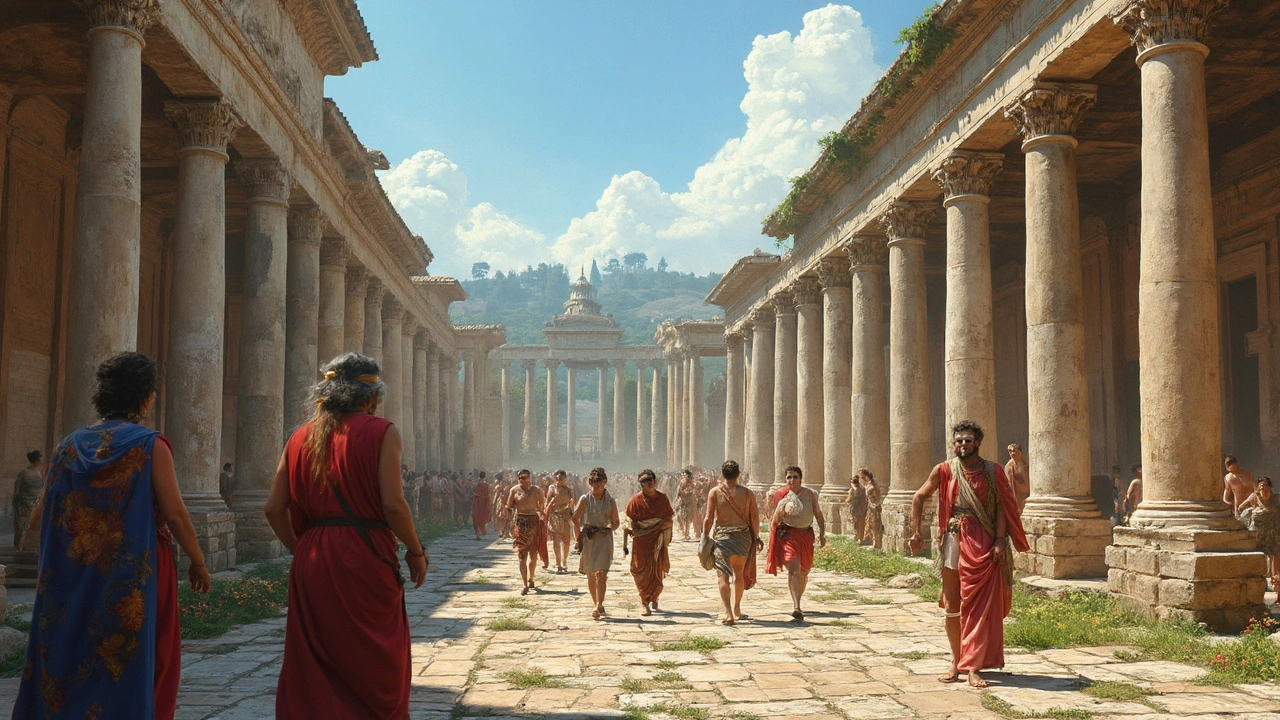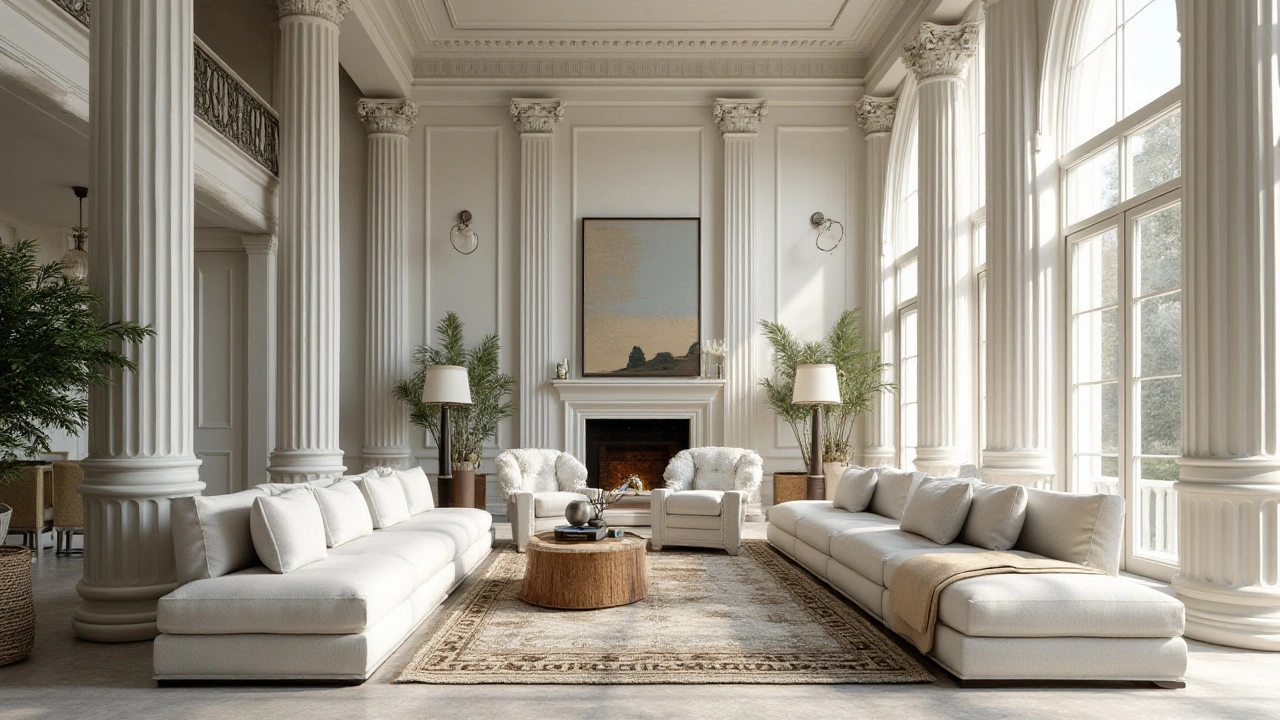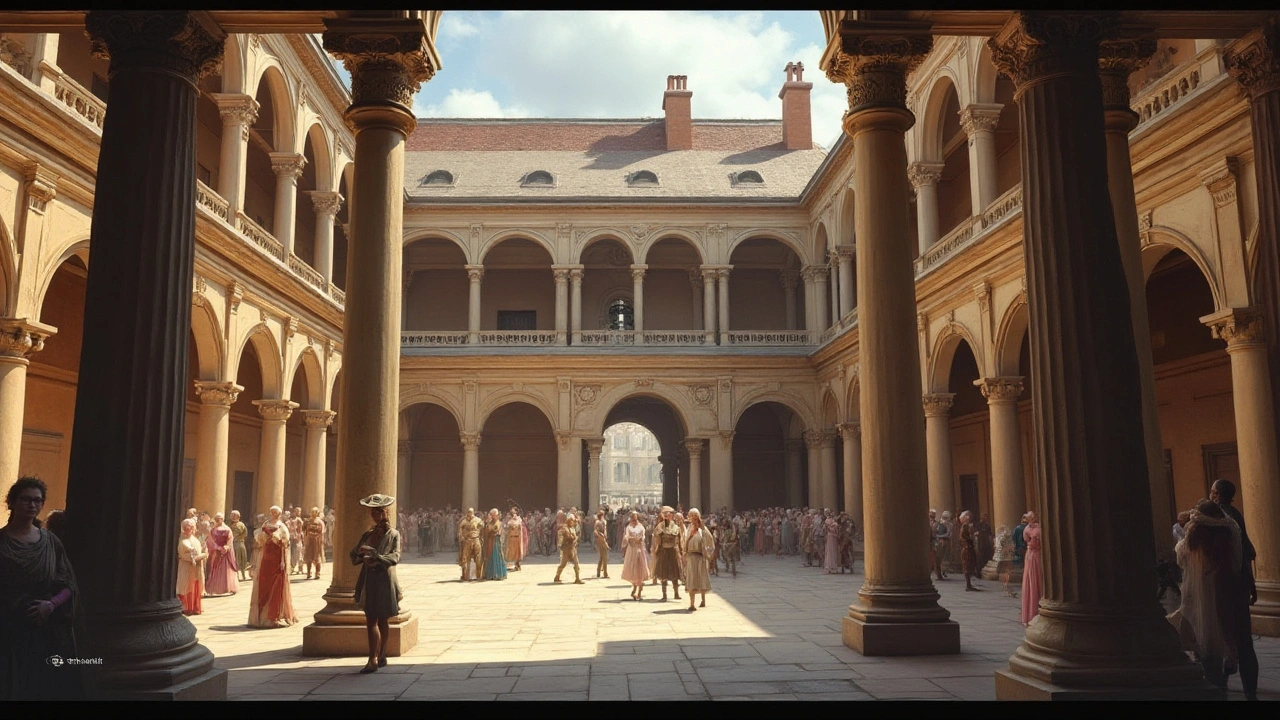Architecture and Design: Styles, History, and Practical Ideas
What links a Roman aqueduct, a mid-century chair, and a shiny high-tech tower? Good design decisions. This category collects clear, useful guides on architecture and design—from ancient engineering to today’s green buildings. Read one piece and you’ll spot a Roman arch on a skyline, or a Bauhaus chair in a hotel lobby.
Use these pages if you want to understand styles, get design ideas for a home, choose materials, or plan a trip around buildings. We cover historic movements like Renaissance, Gothic, and Beaux-Arts and modern approaches such as Deconstructivism, Neo-Futurism, and High-Tech. You’ll also find pieces on Greek Revival, Mediterranean Revival, Tudor, Italianate, and Colonial styles.
Browse by era and theme
Start with eras to get context. Ancient Roman and Renaissance entries explain how form met function and why their ideas persist. Mid-Century Modern and Bauhaus pages show how minimal shapes became everyday design. For bold statements, check Expressionist and Deconstructivist posts. If you prefer comfort and classic proportion, read Georgian or Beaux-Arts. Each article links to examples, key features, and places where you can see them.
Want a focused read? Go to posts about sustainable and green architecture to learn current materials, passive design tricks, and examples that lower energy use. If you’re into renovation, our Colonial Revival and Greek Revival guides give practical tips for keeping period charm while adding modern systems.
Practical tips you can use
Seeing a style is different from using it well. When adapting a historic look, start with one strong element: a columned entry, a tile roof, or a window shape. Match scale and materials rather than copying all details. For small spaces, borrow mid-century ideas—clean lines and multifunction furniture make rooms feel larger. To make a modern building age gracefully, choose durable materials and simple proportions.
Travel tip: pick one neighborhood or era per visit. That way you notice patterns—how light hits a dome, or how ornament sits on a cornice. Photography tip: shoot at golden hour for softer shadows that reveal details.
We added quick glossaries and checklists to many posts so you can identify terms and plan projects without getting lost in jargon. New to architecture? Start with pieces on Gothic, Renaissance, and Roman engineering for a quick foundation. Love edgy trends? Read Deconstructivism, Postmodern, and High-Tech to see how architects break and rebuild rules.
Want specific advice? Use the site search or browse tags like “sustainable,” “historic,” or “interior.” Each article links to related reads, examples, and practical how-tos so you can move from background knowledge to action fast.
Are you studying architecture or planning a renovation? Use our how-to guides for quick checklists on materials, permits, and budgeting. Look for photo galleries and floor plans in style pages to copy proportions and details. Architects and hobbyists will find reading lists and links to museum collections. Bookmark favorites, sign up for the newsletter for monthly roundups, or save articles to compare styles side-by-side before you start a project. Need help? Ask questions in comments or contact our editors for suggestions.

Mid-Century Modern: A Style That Defies Time
Mid-century modern design combines clean lines, natural materials, and functional beauty. Discover why this 1950s style still dominates homes today-and how to bring its timeless appeal into your space without going overboard.
Read more
Masterpieces of Expressionist Architecture You Must Visit
Discover five iconic expressionist buildings that blend emotion with architecture-curved towers, glowing glass, and bold forms that still inspire today. Visit the Einstein Tower, Goetheanum, Chilehaus, and more.
Read more
Future of Federal Architecture: Sustainable, Smart & Inclusive Design
Explore how federal architecture in Australia will evolve with sustainability, smart tech, indigenous influences and net‑zero goals, reshaping public buildings for the next decade.
Read more
Ancient Roman Architecture: Masterpieces, Engineering, and Lasting Influence
Take a vivid journey into Ancient Roman architecture—discover secrets behind iconic buildings, see engineering marvels, and learn why Roman style still shapes our world.
Read more
Ancient Roman Hidden Gems: Unveiling Forgotten Marvels of Roman Architecture
Explore lesser-known wonders of ancient Roman architecture. Journey beyond the Colosseum and discover hidden gems, quirky facts, and travel tips. History lovers, this is for you.
Read more
Exploring the Essence and Influence of Mid-Century Modern Design
The Mid-Century Modern movement, which emerged in the mid-20th century, revolutionized architecture, interior design, and furniture aesthetics. Known for its organic shapes, minimalistic forms, and emphasis on functionality, it reflects an era of innovation and creativity. The movement not only shaped residential spaces but also influenced public buildings and city planning. Its timeless appeal continues to captivate modern designers and homeowners alike, making it a resilient style that blends form and function seamlessly. Delve into its origins, key elements, and lasting impact on contemporary spaces.
Read more
Reviving Greek Revival: Modern Takes on Timeless Architecture
Greek Revival architecture has made a remarkable comeback in contemporary design, blending timeless elegance with modern innovation. This resurgence pays homage to classic elements such as grand columns, symmetrical proportions, and historical motifs while integrating sustainable materials and smart technology. Cutting-edge architects are redefining this aesthetic to resonate with today’s lifestyle needs, creating harmonious living spaces that honor tradition yet embrace modernity. The revitalization of Greek Revival styles in urban and residential settings reaffirms its perennial charm and versatile adaptation. Offering practical tips, this piece explores how to incorporate these majestic designs into modern living.
Read more
Deconstructivism: Exploring New Dimensions in Architectural Design
Deconstructivism is reshaping the architectural landscape by introducing a radical approach that defies traditional norms. This architectural style embraces fragmentation and unpredictability, challenging conventional structures and aesthetics. As architects push boundaries, deconstructivism offers an innovative perspective on how buildings can exist within their environments. This article delves into the history, principles, and impact of deconstructivism, offering insights into its ongoing influence on modern architectural design.
Read more
Mediterranean Revival Architecture: Unraveling Its Timeless Appeal
Mediterranean Revival Architecture is a style that draws inspiration from the charm and elegance of Mediterranean countries. This article explores its historical roots, key design elements, and practical tips for incorporating its timeless appeal into modern homes. Discover how the blend of stucco walls, red-tiled roofs, and arched windows create a cozy yet sophisticated ambiance. Learn about the cultural influences that shape this style and why it remains popular today.
Read more
Renaissance Architecture: Shaping Modern Aesthetic and Function
Renaissance architecture marked a pivotal point in building design and aesthetic with a focus on symmetry, proportion, and geometrical clarity. Emerging in 15th century Italy, this architectural style drew inspiration from the classical elegance of Roman structures blended with the needs of the time. Notable for innovations like the use of columns, pilasters, and domes, it not only influenced European cities but also set the foundation for architectural practices worldwide. Understanding its essence provides insight into how it continues to shape modern spaces.
Read more